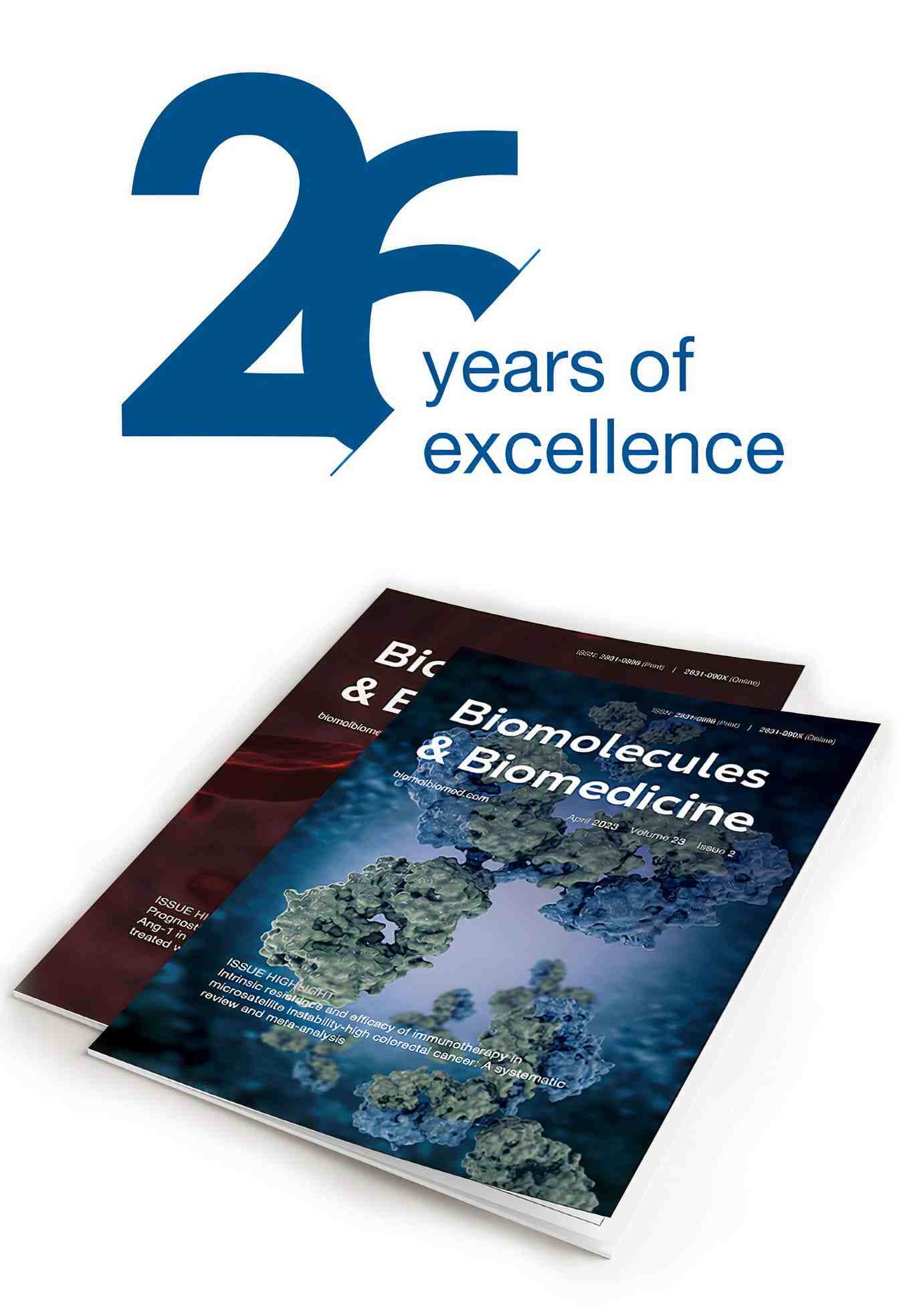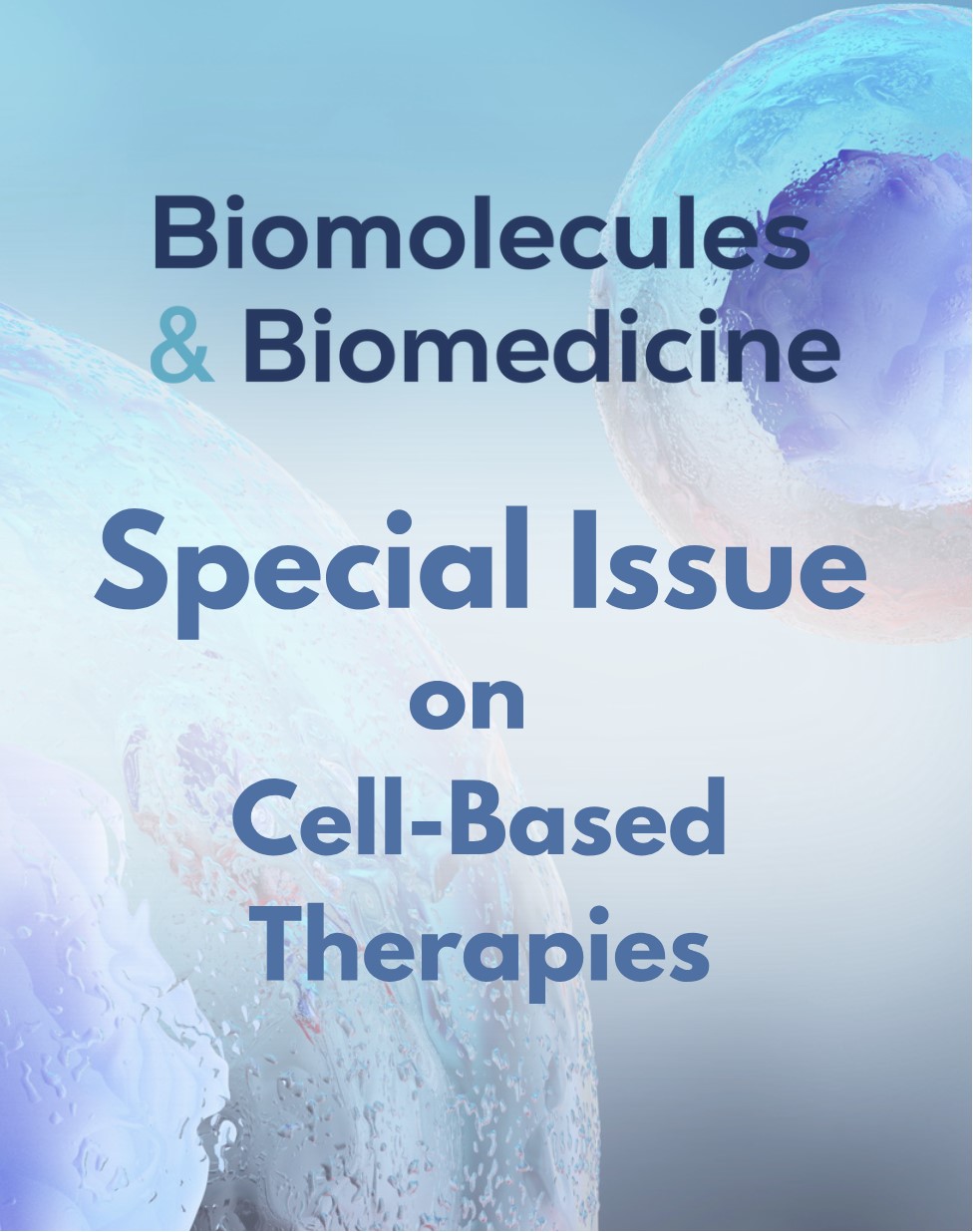Anti-Müllerian hormone in PCOS: Molecular regulation and emerging therapeutic strategies
DOI:
https://doi.org/10.17305/bb.2025.12070Keywords:
Polycystic ovary syndrome, PCOS, Anti-Müllerian hormone, AMH, regulation, SMAD, therapyAbstract
Anti-Müllerian hormone (AMH), a glycoprotein belonging to the transforming growth factor-beta (TGF-β) superfamily, is a key regulator of ovarian folliculogenesis. Dysregulated AMH expression is a hallmark of polycystic ovary syndrome (PCOS), a common endocrine and metabolic disorder characterized by hyperandrogenism, anovulation, and polycystic ovarian morphology. Elevated AMH levels in PCOS impair follicle-stimulating hormone (FSH) sensitivity, disrupt follicular maturation, and contribute to androgen excess—creating a feedback loop that exacerbates ovarian dysfunction. This review explores the complex regulatory mechanisms governing AMH expression, including transcriptional, post-transcriptional, and post-translational processes. It highlights the interplay between AMH, FSH, and androgen signaling pathways, emphasizing their roles in the pathophysiology of PCOS. Particular attention is given to the downstream SMAD-dependent signaling cascade, which mediates many of AMH’s biological effects. Additionally, we summarize emerging therapeutic strategies targeting AMH signaling, such as AMHR2 (anti-Müllerian hormone receptor type 2) antagonists, GnRH (gonadotropin-releasing hormone) antagonists, and aromatase inhibitors. A deeper understanding of AMH regulation and signaling provides critical insights into its role in PCOS progression and supports the development of novel, targeted treatments aimed at alleviating both reproductive and metabolic symptoms.
Citations
Downloads

Downloads
Published
License
Copyright (c) 2025 Yunmei Ke, Dan Tang, Qin Yang, Han Zhao, Jinyan Zheng, Caifen Zhu

This work is licensed under a Creative Commons Attribution 4.0 International License.









